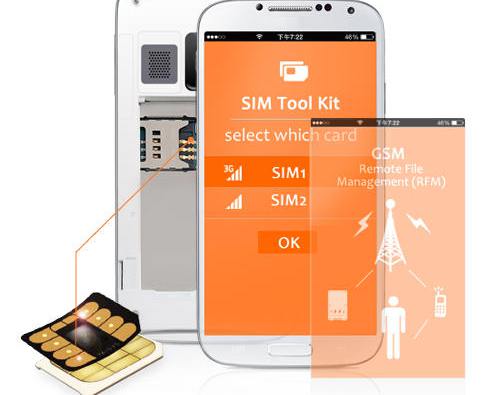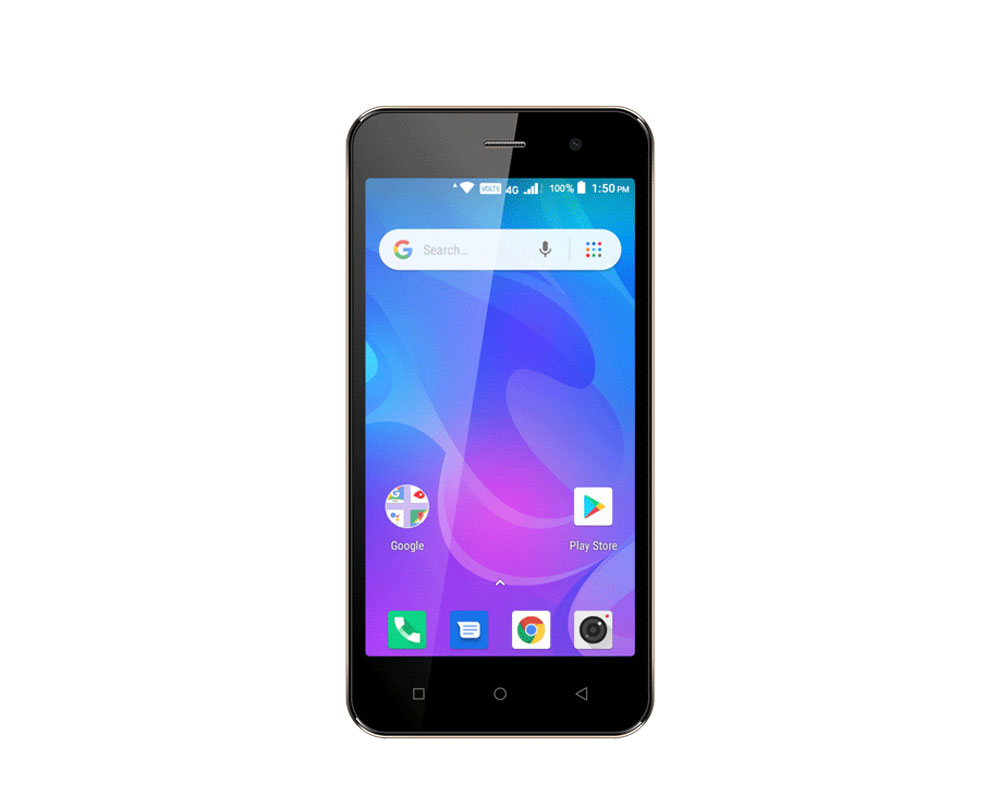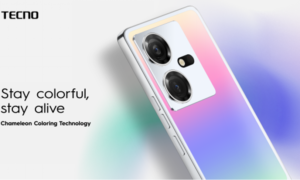The plan by Equity Bank to introduce the Thin SIM technology is a trending topic that is shrouded with controversy. Equity Bank is optimistic and describes the Thin SIM technology as an excellent opportunity for Kenya to ‘expand the offering of mobile banking services, and providing such services to a wider population in Kenya.’
Safaricom, the antagonist, paints the Thin SIM technology as an evil project that compromises the security of mobile money transactions and will be a gross violation of the privacy of its subscribers. It is, therefore, almost impossible to separate facts from fiction.
To sort out this controversy, here are some simple facts about the Thin SIM technology.

What is Thin-SIM Technology?
Equity Bank and Safaricom are the two firms that are synonymous with the Thin SIM topic in Kenya. At the core of this tussle is Taisy, a Taiwanese service that holds the patent to the Thin SIM technology. Taisy has already sold about 6.9 Million Thin SIMs in Asia and recently set up an office in South Africa to serve as a local base for the African market.
Taisy sells the Thin SIM technology as the duoSIM product powered by the SIMoME™ technology. The duoSIM technology turns a single SIM Smartphone into a Dual SIM device. This is through allowing you to access the services of the two operators seamlessly.
The Thin SIM is an ultra-thin cellotape-like chip (about 0.1mm) that is overlaid over your existing SIM card and works with any smartphone using GSMA/3GPP/ETSI standards. This means that the SIM card will be compatible with Smartphones as well as feature phones.
Equity bank was on record stating that the Thin SIM services target those with feature phones and could not afford Dual-SIM devices.
Once laid over your SIM card, the Thin SIM will work via a SIM Tool Kit. A SIM Tool Kit (STK) is the SIM Application on your phone that allows you to access SIM services such as M-Pesa, Airtel Money and all other services supported by your carrier.
Selection of which network to use is done via the SIM Tool Kit or a through a specific short code that is provided by the Thin SIM provider. You can choose to select a specific network automatically or through manual selection.
So how does this affect us?
The trend with most of the low-income earners in Kenya is to deposit more of their cash in their M-Pesa account than they do in their bank accounts (if they have any). Banks quickly rode with this trend and most of them now offer mobile banking services.
Through the mobile banking service you can swiftly transfer cash from your bank to let’s say your M-Pesa account. However, since Banks have no direct access to your M-Pesa accounts, they must use Safaricom as an intermediary for the service to work.
Safaricom therefore, gets a cut through transaction fees each time you move your cash. This makes the service relatively costly and customers have to use it when they really need to. In addition to that, upgrading and maintenance of the service is a complex affair as it has to involve Safaricom.
Safaricom has about 18 million M-Pesa subscribers while Equity Bank has close to 9 million Bank accounts. It’s a safe assumption that at least 80% of those 9 Million accounts holders also have an M-Pesa account.
If the Equity’s money service turns out to be cheaper and generally better than the M-Pesa service, Safaricom could lose millions of its subscribers to the service. Take into account that Safaricom was ordered to open up their agency network months ago and the M-Pesa Agents could easily flip and begin offering the Equity Money Transfer service.
What Equity Bank wants to accomplish is to sort of ‘synchronize’ your Bank and mobile banking accounts. With a network dedicated to this, moving cash between your mobile money account and bank account could be instant with absolutely no delays.
With a Thin SIM the subscribers have a direct link to the subscriber. This means low transaction costs and access to your money will be much simplified.
Other than that, Equity Bank fully owned subsidiary, Finserve, also has a license to provide voice services. The firm plans to use Airtel’s idle capacity to do so.
This could possibly lead to extremely cheap call rates as Finserve is clearly less concerned about charging you exorbitant rates when you call your mum, but rather on charging you 1/16th of what you currently pay to send cash to your mum.
Safaricom raised some very serious concerns about the privacy of your personal info while using the Thin-SIM. However, some quick research on the net reveals that even though the Thin SIM is overlaid on your Safaricom SIM, there is no way the two SIM cards can share information.
However, that info is not verified and Safaricom does indeed confirm that through lab tests, the Thin SIM can access your private info. Therefore, according to Safaricom, you risk some random guy accessing your text messages and PIN number while using Equity Bank’s Thin SIM.
The Thin-SIM cards will be provided free of charge by Equity Bank and it is interesting to see if the desire for cheaper mobile money rates will exceed the fear of losing your right to privacy.
But as for me, I can’t wait to stand in line to wait for my Thin SIM from Equity Bank.
Closely Related: President Uhuru Kenyatta in Full support of the Thin SIM Technology
Kevin is a tech enthusiast and the lead writer at MobiTrends.co.ke. He has been writing about smartphones and tech related topics since October 2012. About Us | Contact Us












